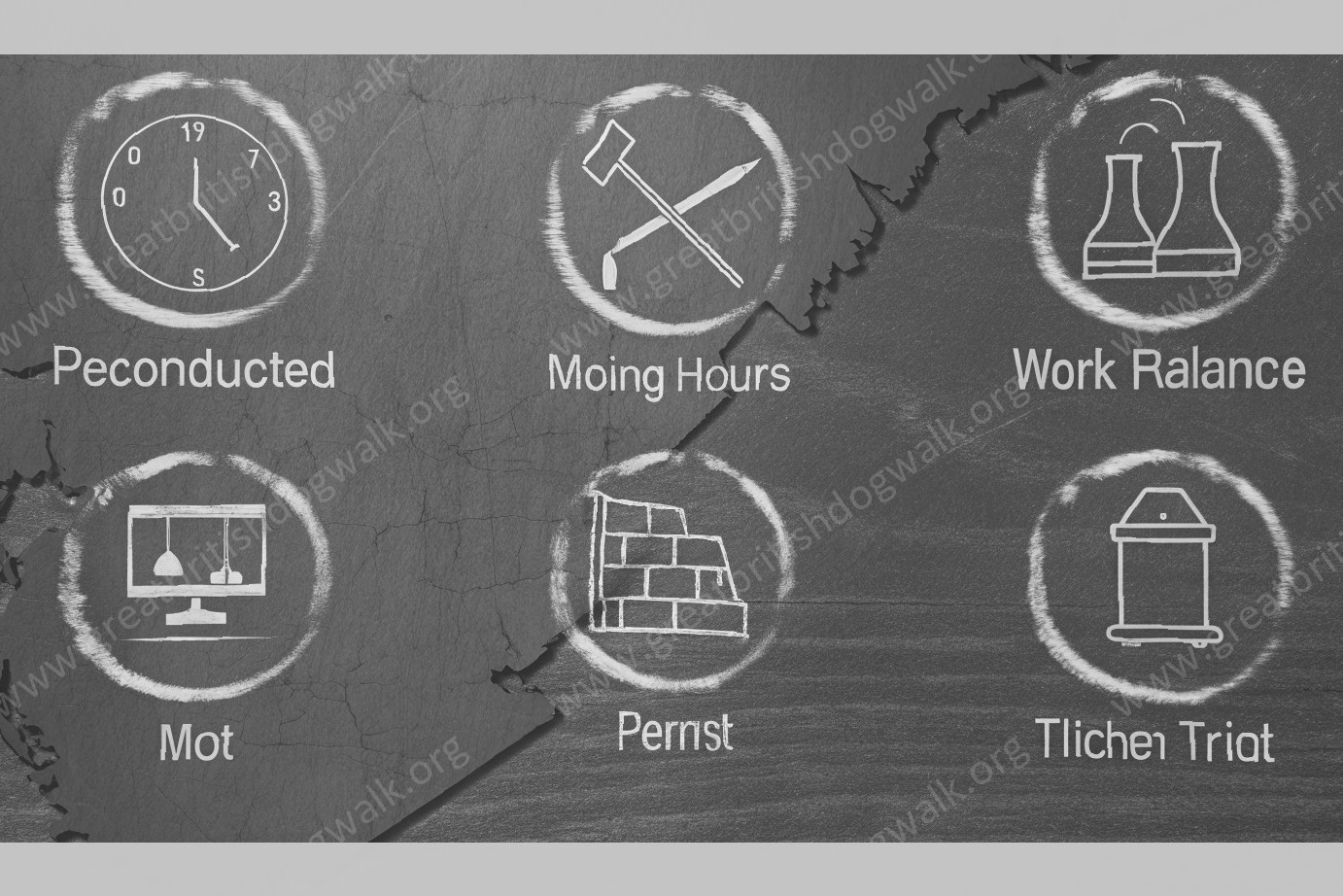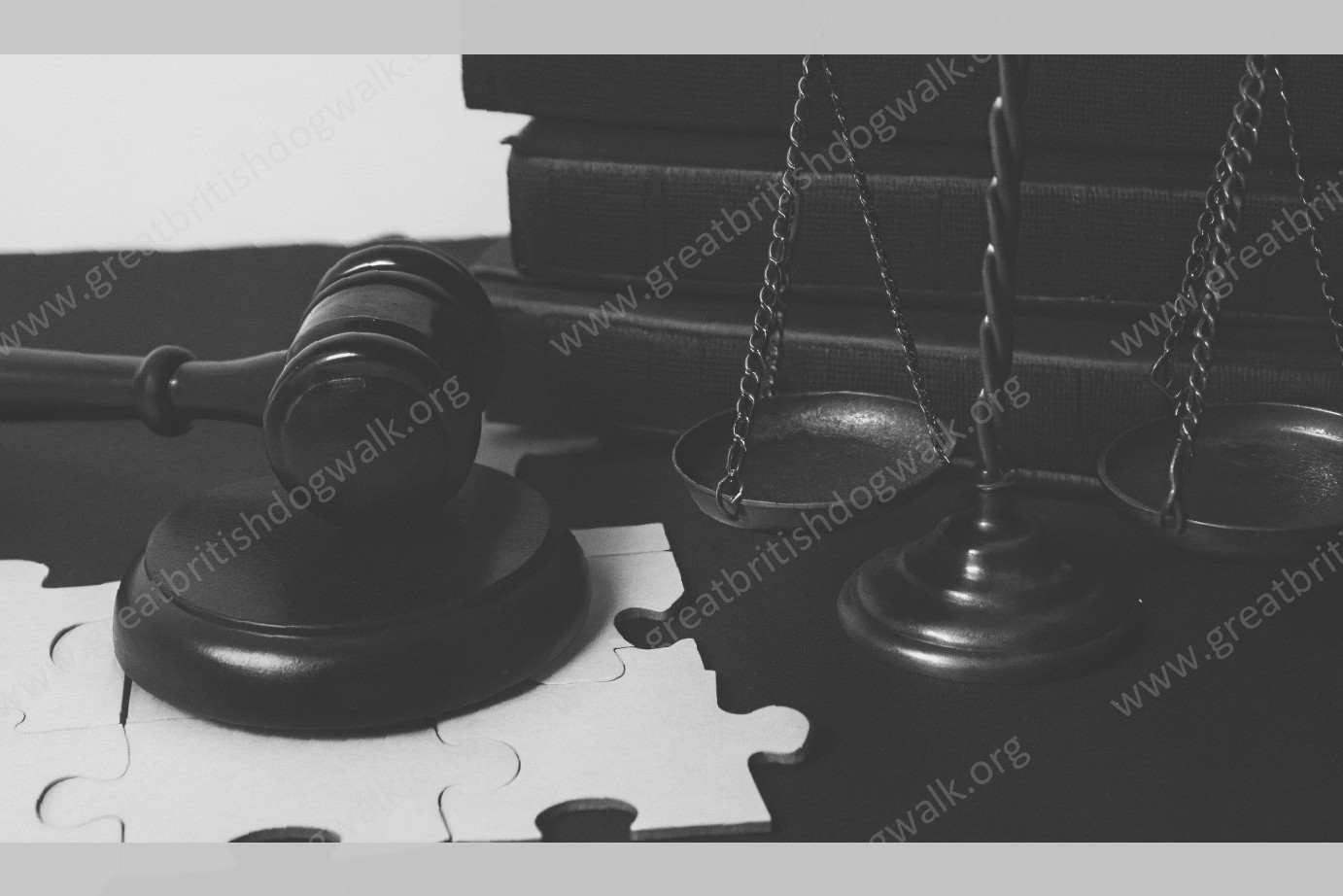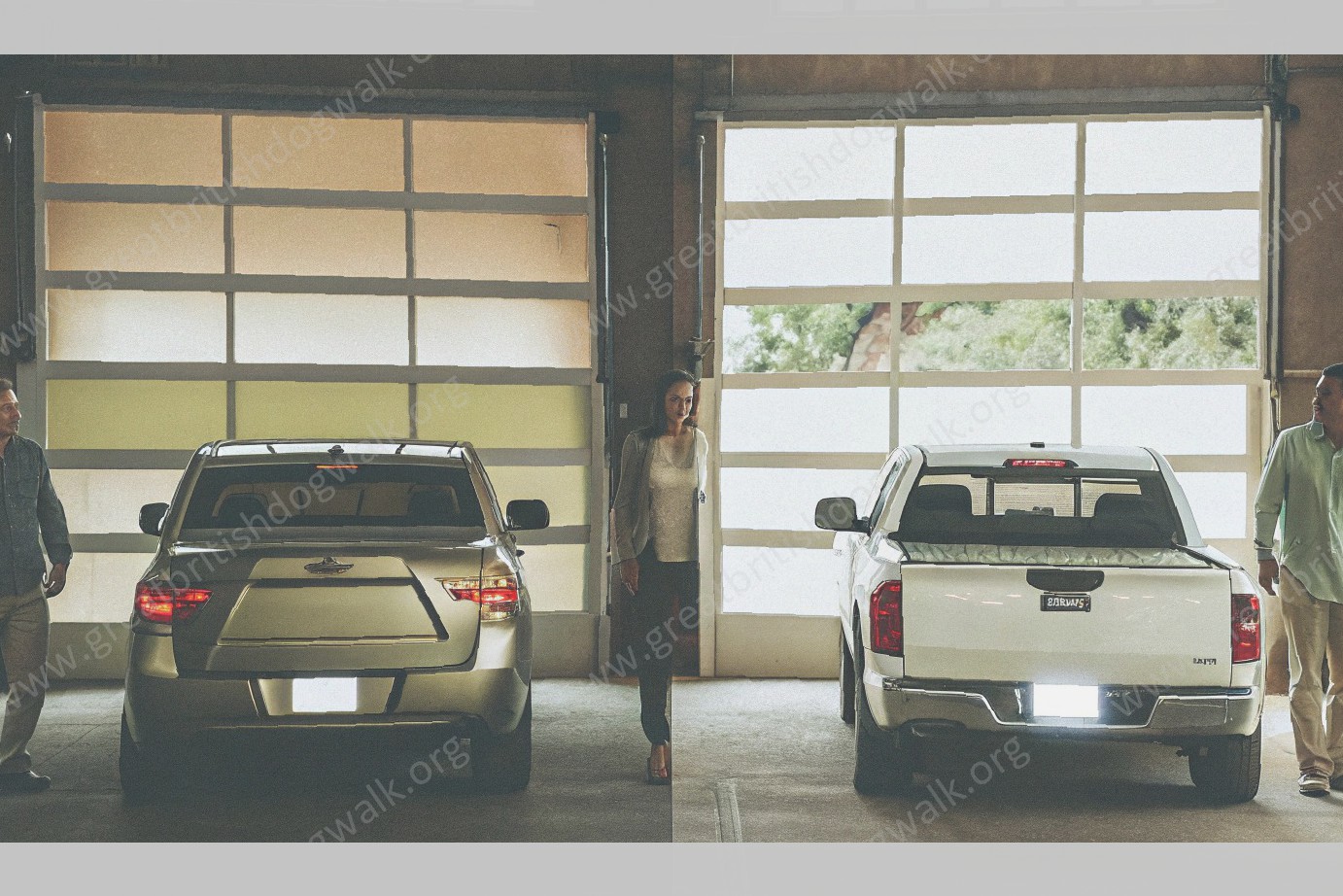Connecticut Labor Laws Governing Minors
An Overview of CT Labor Laws for Minors
As touched on above, all states have laws governing the employment of minors, sometimes referred to as child labor laws. Legislative measures protecting young workers in Connecticut go back to 1814, and Connecticut was the first state to legislate such protections. The first official child labor law passed in Connecticut to protect children at work was actually a prohibition on night work for minors, in the marine and railroad industries in 1850. Following that, the General Assembly passed a prohibition on girls under 13 working in factories, which was enacted in 1858. In 1880, legislative measures were further expanded to prohibit boys under 12 from working as well. In 1941, the General Assembly prohibited school children from working during school hours and set 15 years of age as the minimum age for most employment.
Today’s laws , based primarily on federal legislation, are few and very simple. The federal child labor laws as they apply to most jurisdictions are laid out in the Fair Labor Standards Act (the "FLSA"), available here. The FLSA, however, does not provide any type of enforcement mechanism or review board to resolve general disputes. Connecticut child labor laws apply to the same group of employers, but also cover a more expansive range of occupations than covered by the FLSA. These laws include provisions not found in the federal requirements, such as the provisions concerning employment certificates or general age requirements. Connecticut laws also impose higher standards than required under the federal standards for hazardous occupations and additional permitting requirements before certain types of work may be performed by minors.

Restrictions on Employment of Minors
In addition to the 48 hour work week and mandatory break requirements, Connecticut laws also impose strict limitations on the types of jobs and industries that minors may be employed in. Children under 16 may not be hired to work in or around power-driven hoisting apparatus, metal or wood working machinery, laundry, bakery or dry cleaning machinery, meat processing machines, public exhibitions, fireworks or other explosives, scaffolding, ladders and other similar apparatus, blasting or excavation areas, mines, agricultural field work (which includes forestry work) or sexually oriented entertainment venues. The law imposes additional age specific restrictions on minors that are above and beyond the general prohibitions set forth above. For example, the state of Connecticut prohibits youth age 15 and under from working in laundries, dry cleaning and dyeing establishments. Moreover, 14 and 15 year old employees may not be employed as a messenger except by use of telecommunications equipment and other similar diagnostic instruments that provide instantaneous communication. Also, children under 13 years of age may not be employed or permitted to work in any store, tavern, saloon, bowling alley, dance hall, skating rink or place of amusement or recreation where alcoholic liquor is sold for consumption by patrons on the premises. And beyond the CT Department of Labor restrictions, common sense tells us it would be inappropriate to permit a 15-year-old to work in a higher risk environment, such as a life guard at the beach or a fryer in a commercial kitchen.
Hours of Employment
Working Hours Regulations in CT for Minors
The federal labor laws restrict the amount of hours a minor can work based on their age, while the Connecticut child labor laws provides additional regulations.
For minors 14 – 15 years old who are permitted to work in non-farm employment, the child labor laws state that they may work up to 3 hours per day on school days and up to 8 hours on a non-school day. They are also prohibited from working before 7:00 a.m. or after 7:00 p.m. on school days and no more than 40 hours a week when school is not in session.
However, there are some exceptions to these rules. As for working hours during a school vacation week, the same limits still apply regarding the amount of hours minors are permitted to work. They are only allowed to work between 7:00 a.m. and 9:00 p.m. during the months of June through September, and from 7:00 a.m. to 10:00 p.m. the rest of the year. Again, they are not permitted to work more than six consecutive days in a week or more than eight hours in a day.
A brief overview of the regulation of working hours by age group for minors is as follows and this overview is applicable all year around:
• 14 – 15 years old: permissible to work up to three hours a day on a school day; and up to eight hours a day on a non-school day.
• 16 – 17 years old: permissible to work up to 8 hours a day; up to 48 hours a week.
• 18+ years old: not considered a minor.
Work Permit Requirements
The next section of the CT Department of Labor’s Publications Division website that I’m going to cover is Work Permits for Minors. Here’s the text from that section: No one under 18 years of age who wishes to work in Connecticut may be employed until the minor has first obtained a work permit, issued by either the superintendent of the school or a person authorized by the school superintendent. The permit is valid until the end of the school year at which the minor turns 18 years of age and is renewable thereafter on an annual basis. Employers must keep a copy of each employee’s work permit on file at their primary place of business until January 1st of the year following the termination of the minor’s employment. If the minor is terminated for any reason, the employer must complete the section on the reverse side of the work permit, including the reason(s) for termination and the dates of employment, and return a copy of the permit, with all the information completed to the issuing authority. To obtain a work permit the minor must apply to the superintendent of schools (or the person authorized by the superintendent in the school district) and provide the following: The work permit application, in English and Spanish, is available from the Connecticut DOL office in your area or the Publications Division. Biometric scanning of a CT driver’s license is required to establish the identity of both the employer and the minor, and to verify the minor’s age and whether the minor currently has an active work permit. Employers who do not have the necessary scanning equipment must work with the local CTDOL office to complete the identification requirements. The areas where minors may be employed and the hours they may work are determined by their age. (See Child Labor Laws)
Minimum Wage for Minors
In Connecticut, both minors and adult workers are covered by the minimum wage laws. The minimum wage for all employees, including minors, was raised to $13.00/hour per Connecticut Public Act 19-4 passed earlier this year but the law provides for increasing the minimum wage in steps over the next three years. The lower minimum wage will gradually increase in steps according to the schedule provided under CT Public Act 19-4. As of October 1, 2023, the minimum wage for employees 18 years of age and older, as well as certain minor employees at least 16 years of age, will be $15.00. As of June 1, 2024, the minimum wage for all employees 18 years of age and older, and for certain minors of any age (excluding minors under 16) , will be $15.00. The exceptions for minors with respect to minimum wage and overtime pay include minors working on a farm; certain newspaper delivery route workers; minors 18 years of age or older delivering newspapers on a regular basis; and certain work-study students.
Minors under 16 years of age are entitled to less than the minimum wage paid to adult employees under employment contracts as part of approved cooperative education or alternating work and study programs involving high school credit. Any wage paid to such minors under employment contracts must be equal to or greater than the minimum wage.
The Connecticut Department of Labor has an outline of the workplace rules applicable to minors in Connecticut.
Penalties for Violations of Connecticut Child Labor Laws
Just as adults may be subject to penalties for violating labor laws, the same is true for minors and youth workers. Minor child labor is also subject to civil and criminal penalties.
Any employer, adult or minor, who violates the child labor laws shall be fined not less than twenty-five dollars for each offense. If the person, company or corporation convicted of such violation (1) has previously been convicted of a violation of this section, the violator shall be fined not more than fifty dollars for each offense; and (2) employs children under the age of sixteen at a time when such employment is prohibited by law, the violator shall be fined up to in addition to a fine or in lieu of the fine, twenty-five dollars for each such minor employed by the employer.
If an employer knowingly permits a child under the age of fifteen years to work or provides false information on an employment certificate or work permit, he/she shall be guilty of a class A misdemeanor.
Public Act 07-36 provides that individuals found liable of violating these provisions more than one time may be subject to civil penalties per violation and when sentenced to a term of imprisonment shall be considered a class A Misdemeanor.
Minor Labor Laws Assistance and Resources
Students should first reach out to their employer and/or school to help address questions and concerns they may have about their rights. However, if you do not find the answers you seek or your concerns are not being addressed, there are additional resources you can turn to for answers and assistance.
School Resource Officers
Some school districts have dedicated school resource officers ("SRO") who spend time in or around school facilities, and are able to provide assistance to students and their parents regarding law enforcement concerns, including issues concerning employment, child labor, and the rights of employees under the law.
Labor Department:
Under Connecticut law, the Labor Commissioner may conduct investigations to determine any violation of the child labor laws . If any violation is found, the Commissioner may order the person who committed the violation to stop committing the violation, or may file a complaint in Superior Court. The Labor Department conducts regular audits of employers to determine if the company is complying with the child labor laws.
If a minor worker has a complaint about a particular employer, he or she is welcome to call the Department of Labor and speak to a Labor investigator or examiner as to the complaint. This includes questions as to the minimum wage, overtime pay, working hours, recordkeeping, or any other issue. The Labor Department also has hot lines available at the numbers listed in the chart below.
Non-Profit and Advocacy Organizations:
In addition to government agencies, there are several non-profit organizations that maintain websites full of information and advocacy efforts for the public to address child safety and labor issues.


